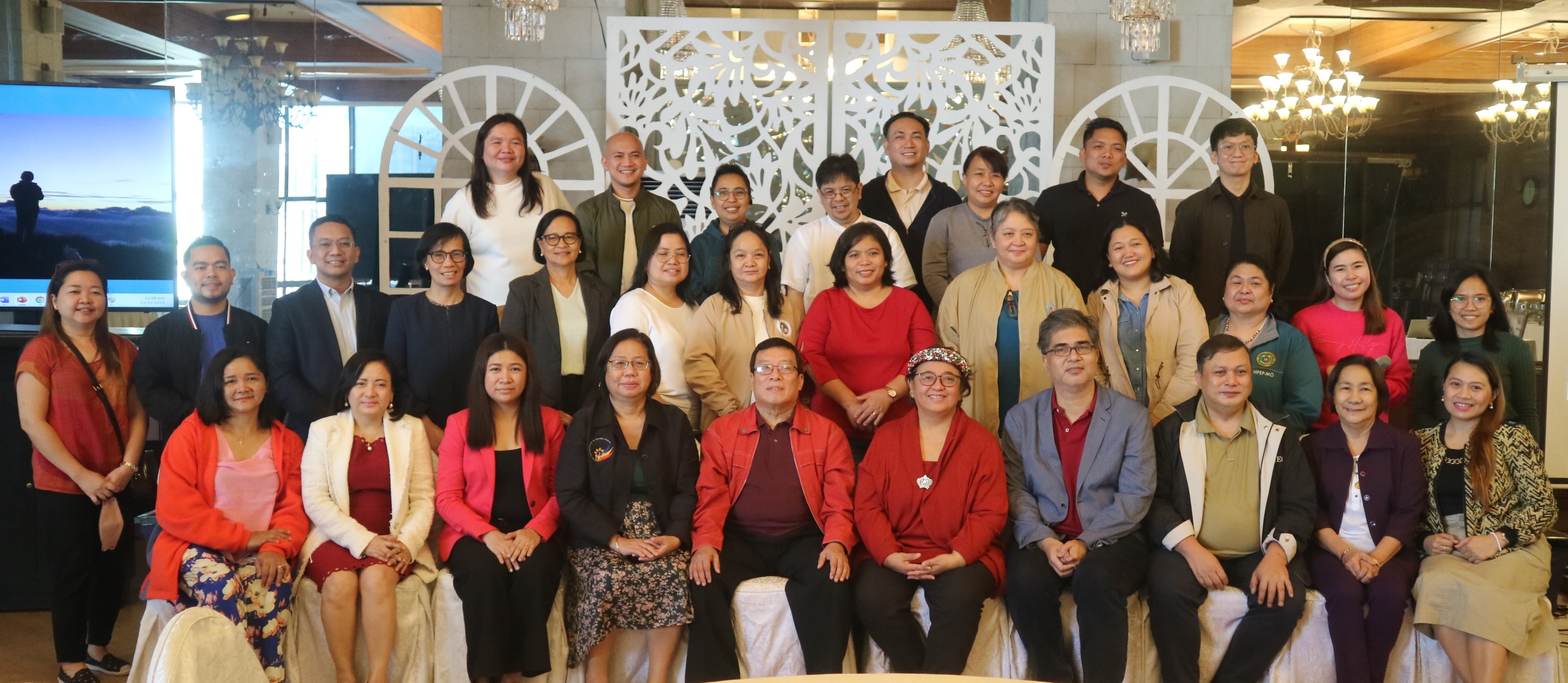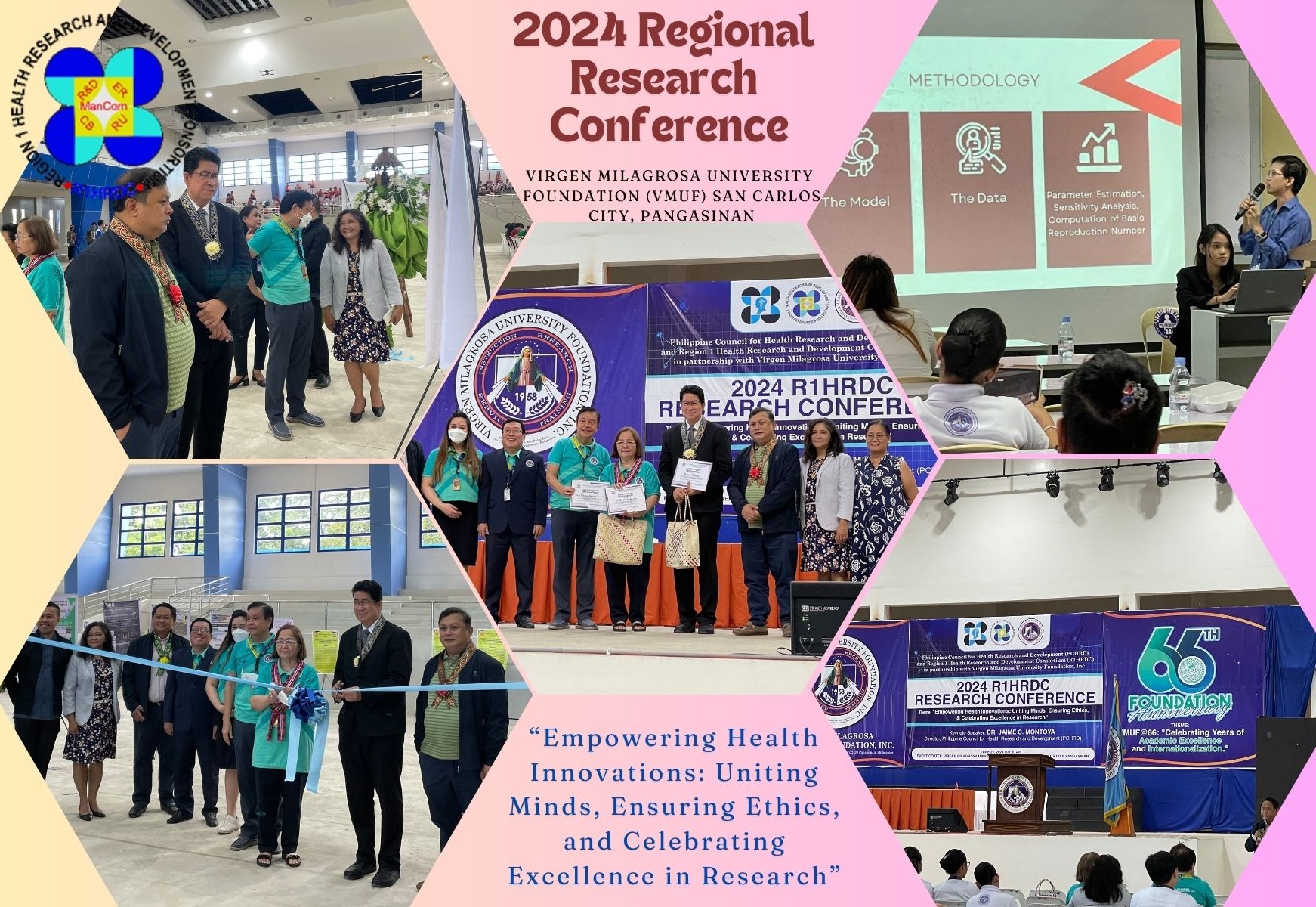
Source: Health Care Asia Magazine: Philippines sighted to spend $17.16b on healthcare
The approval of the universal healthcare bill is speeding up expenses in the country.
Ever since the Philippine senate approved the Universal Healthcare Bill (UHC) on October 2018, the healthcare spending in the Philippines has experienced a sharp acceleration with a higher spending per capita as well as on a sectoral level, according to Fitch Solutions.
The bill, which aims to provide more affordable healthcare to Filipinos, has given way for a generous allotment of the state budget to the country’s healthcare sector.
Fitch reckons the healthcare spending to rise by 11.48% YoY in 2019 to $17.16b (PHP894.42b), up from $16.64b (PHP802.18b) in 2018. In line with this, spending growth is expected to continually accelerate by an average annual growth rate of 11.7% over the next four years to reach PHP1,395.356b ($26.715b) in 2023.
In per capita terms, this translates into an increase from $156 in 2018 to $158.8 in 2019 through to $234.4 by the close of 2023.
More specifically, the country’s spending growth will be fuelled by government support, with state spending forecast to account for a 42.01% share of total health spending in the country in 2019, up from a 40.55% share a year earlier.
This has also improved investment sentiment into the country’s health sector, wherein a recent partnership involving US buyout firm KKR and Singapore state investment vehicle GIC is set to invest US$685m on one of the Philippines’ largest hospital operators, Metro Pacific Hospital Holdings Incorporated (MPHHI), acquiring a 6.25% holding for US$100m.













